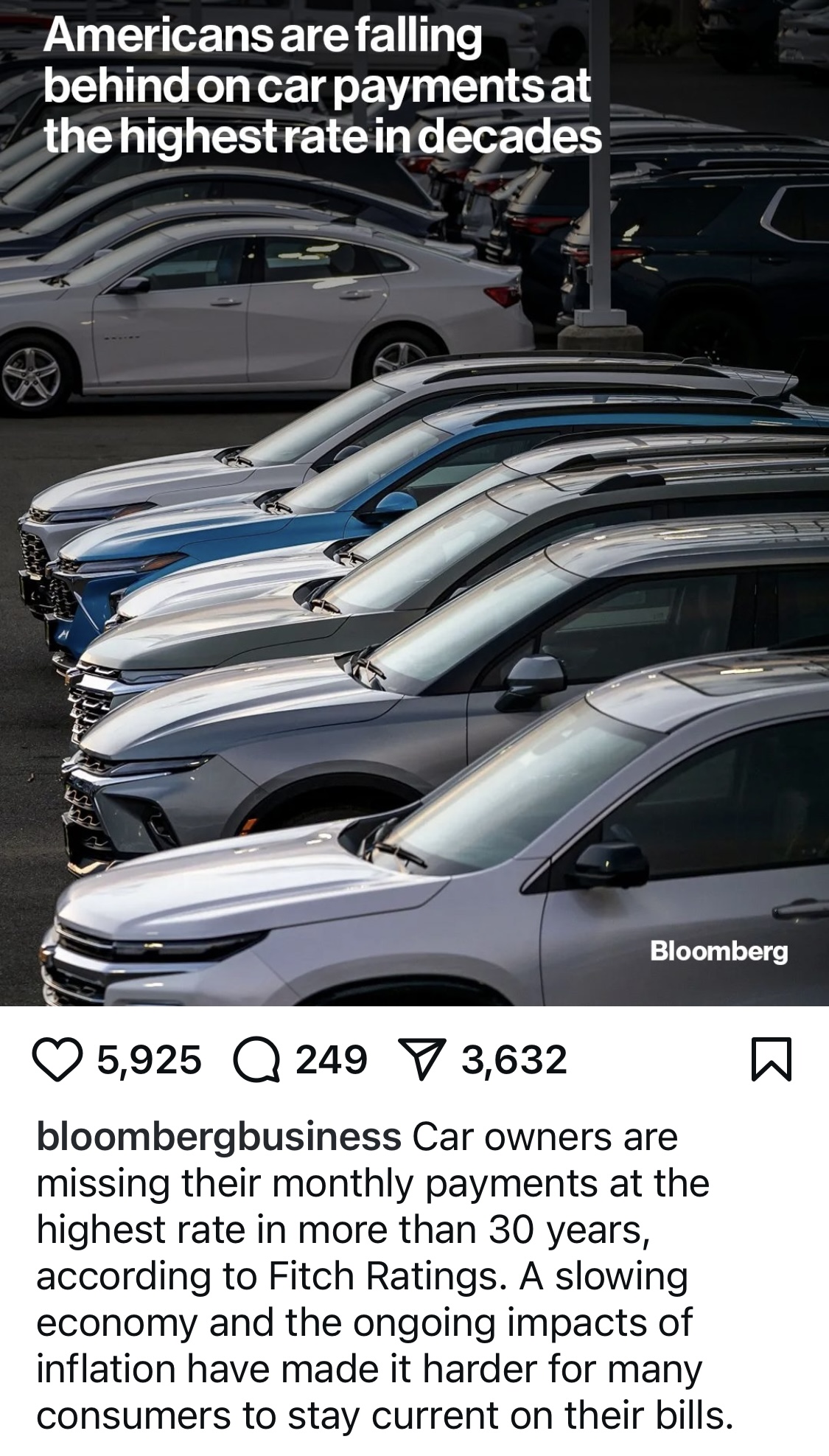We Can Do Better: Message to Servicing Heads
Mar 13, 2025
Mystery Shopping: Why Mortgage Servicing Executives Need to Step Into Their Borrowers’ Shoes
By Matt Slonaker, Founder & CEO of M. Allen LLC and Visionary Behind the NEWCO Concept
In an industry facing $18.036 trillion in household debt, 1.82 million delinquent mortgages, and $200 billion in yearly climate-related damage risks, mortgage servicing leaders cannot afford to assume their processes are delivering the experience borrowers expect—or deserve. As the Founder & CEO of M. Allen LLC and a financial services and military veteran with over two decades of experience driving $1 billion in revenue across companies like Countrywide, Bear Stearns/JP Morgan Chase, and Morgan Stanley, I’ve seen firsthand how disconnected executives can become from the borrower experience. My recent family/relative struggle with a Veterans Administration (VA) loan modification—a process stalled for months despite escalations every 48 hours—underscores a critical truth: the experience you think is being delivered may be way off. It’s time for my executive colleagues, especially at leading servicing companies, to get out and mystery shop their own systems.
A Personal Wake-Up Call: The VA Loan Modification Ordeal
As a veteran who provides free career transition coaching to fellow veterans, I’ve been navigating a relative seven-month income curtailment that necessitated a loan modification through the VA. Despite the file being escalated twice this past week, I was informed that short staffing could delay a decision by up to another 90 days—a timeline that has already dragged on for months. This isn’t just a personal or family frustration; it’s a glaring signal of systemic inefficiencies that plague even well-intentioned organizations. If a veteran like me (and my relative) with deep industry expertise and a history of reducing losses by 30% during the financial crisis, struggles this much, what chance does the average borrower have?
The Industry Context: A Crisis in the Making
The mortgage servicing sector is at a tipping point. U.S. banks are sitting on $517 billion in unrealized losses due to higher interest rates, while foreclosure loss severities range from 20-30% for residential mortgages and 40-50% for commercial real estate (CRE). Direct foreclosure costs—$5,000 to $15,000 per property—compound the burden, and economic factors like a projected 3.5-4% federal funds rate in 2025 and a 4.5-5% unemployment rate threaten to drive 20-25% of delinquencies due to job loss. By 2030, household debt could reach $24.2 trillion, with 20 million homes (19% of the total) at risk from climate-related disasters, causing $16.8 trillion in annual damages.
Yet, many executives remain insulated from the borrower’s reality. The VA’s delays mirror what I see across the industry: outdated processes, understaffed and remote teams, and a lack of borrower-centric innovation. My executive colleagues at leading servicing companies—those managing portfolios worth billions—need to mystery shop their own operations to uncover the gaps between perception and reality.
What Mystery Shopping Reveals: A Borrower-Centric Perspective
Mystery shopping isn’t just for retail—it’s a powerful tool for mortgage servicers to experience their processes as borrowers do. When executives go undercover as a distressed borrower, they’ll likely encounter:
- Endless Wait Times: My VA experience of months-long delays isn’t unique. With 36,000 monthly foreclosure filings and a 10.46% delinquency rate for FHA borrowers, borrowers often face long hold times, repeated escalations, and unfulfilled promises of updates.
- Opaque Communication: Borrowers are frequently left in the dark about their case status. In my case, I was told my file was escalated every 48 hours, but the lack of transparency made the process feel weak and isolated!
- One-Size-Fits-None Solutions: Many servicers rely on rigid workflows that fail to address individual borrower needs, especially in complex situations like ours, where income curtailment and veteran status require tailored solutions.
- Technology Gaps: While some servicers tout digital tools, many borrowers encounter clunky interfaces or manual processes. My vision for the NEWCO concept—a $500 million opportunity by 2030—includes a self-service portal that automates 90% of workouts (modifications, forbearance, short sales) at $10-$15 per file. Why aren’t more servicers and agencies adopting such solutions?
The Cost of Inaction: A Nightmare by 2030
If these gaps persist, the mortgage industry faces a nightmare scenario by 2030. With 15 million homes at risk from climate threats and a $75 billion outsourcing opportunity on the table, servicers who fail to innovate will be overwhelmed by rising delinquencies and losses. My VA experience is a microcosm of what’s to come: borrowers abandoned by inefficient systems, unable to access timely relief, and pushed into foreclosure. For veterans, who often face unique financial challenges, this is particularly unacceptable.
Call to Action: Mystery Shop and Modernize
Executives at leading servicing companies must take three immediate steps:
1. Mystery Shop Your Processes: Pose as a borrower and navigate your own system. Call your customer service line, submit a modification request, and track the response time. You’ll likely be shocked at the disconnect between your internal metrics and the borrower’s reality.
2. Adopt Borrower-Centric Technology: My NEWCO concept leverages predictive AI to spot defaults 12 months in advance (reducing losses by 20%, or $45,000-$50,000 per case), a self-service portal to streamline workouts, and a climate risk module to protect 15 million at-risk homes. These tools can transform the borrower experience while saving servicers millions—my projections show $60 million in savings for clients, with $2,000-$15,000 per foreclosure avoided.
3. Prioritize Empathy and Efficiency: Train staff to communicate transparently and empower them with technology to resolve cases faster. My job placement component in NEWCO places 25,000 borrowers annually, boosting cure rates by 15-20%. Imagine the impact if servicers proactively supported distressed borrowers with such resources.
Leading by Example: My Commitment to Change
Through M. Allen LLC, I’m committed to revolutionizing loss mitigation. My track record—securing 3,000+ active assets valued at $450 million, launching a door-knock division that saved 1,500 homes from foreclosure, and generating $200 million in new revenue—demonstrates my ability to deliver results. I’m calling on my colleagues to join me in this mission. Let’s mystery shop our systems, confront the hard truths, and build a future where no borrower—veteran or otherwise—waits months for relief.
The experience you think you’re delivering may be way off. It’s time to find out—and fix it—before the 2030 crisis hits.
Matt Slonaker
Founder & CEO, M. Allen LLC
[email protected] | (972) 740-4300
ps: my related insights here:
https://matthew-slonaker.mykajabi.com/blog/building-the-loss-mitigation-door-knock-division-reflections-from-2007-09-crisis

